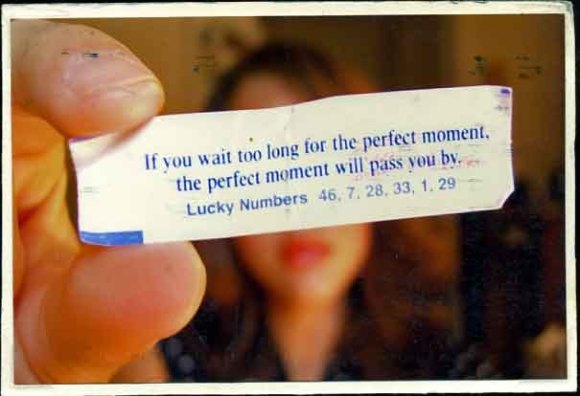I’ve been thinking a lot about perfection lately, as it relates to myself, others and the universe as a whole. There is something in me which is oriented towards believing that the universe and everything in it is perfect exactly as it is. I want to write and explore that here because there is a dischord between that perspective and how I hold myself and others. If the universe is perfect exactly as it is,why then would I be critical of myself or others when we are all simply manifestations of and within that perfect universe? I physically live in a place where the land meets the sea, which is an excellent metaphor for this place in me and in us all where our earthly natures (the land) with all our reactivities, emotions, desires and history meet our spiritual bodies (the sea). As you may have gleaned through recent writings here, I’ve been walking/swimming around that juncture, between identification as an earthly, more personality-driven human and something other than that, something more transcendent.
Some forms of Buddhism have a concept of “mirror-like wisdom” where the perfection of the universe can be seen only if what we are seeing is a pure reflection of that universe, fully untainted by ideas, experience or interpretation. The tricky part for me is that I have a very clear belief structure about how things are supposed to be. I believe myself to be as or more tolerant than most people, but still, in my mind there is often a right way and a wrong way, the right perspective and the wrong perspective, people who need to be fixed and people who are fine just the way they are. That simply doesn’t jive with a universe that is already perfect exactly as it is.
So why do I believe that the universe is essentially perfect? It comes down to the fact that the universe simply is as it is and no thinking, planning or even action can alter it. As far as I can tell, perfection only exists in the present moment. When we are fully experiencing the present, meaning that we are not carrying preconceptions forward and applying them, everything is simply as it is. As soon as we start liking or disliking something or preferring one way over another we are drawing on the past and applying it to the present. Without bringing the past forward to the present, it’s impossible to form a preference.
As I’ve mentioned before, seeing everything as perfect doesn’t mean that you don’t try to change things. You can work on changing things all you want. Acceptance is very different than acquiescence. To acquiesce is really to capitulate, to give in, to “throw in the towel.”Acceptance is simply a recognition of what is. Action to affect change can take place simultaneously with acceptance. Liking something or not liking it doesn’t affect what it really is. Liking a particular rock more than another particular rock doesn’t make one rock better than the other. It is our preferences, our perspectives, that occlude our capacity to see reality as it simply is.
So if everything is perfect exactly as it is, why am I always striving to perfect myself, to grow, to learn, to improve? I don’t think there is anything wrong with growing and improving, but in my case, and in the case for most of us “improvers,” I think there is an underlying belief that our underlying nature is somehow faulty or lacking and thus in need of betterment. By this exploration, I am hoping to better understand this underlying belief structure, or at least shine a flashlight in its direction to better identify it and witness it as it plays out.
Can I simply accept me as I am? Completely? With all nuances (trying hard not to call them “faults”)? Can I accept you exactly as you are? Completely? With all your peculiarities? With all of your behavioral quirks? Can you accept me? Can you accept yourself? When one lives in recognition of the perfection of the universe, the answer to all of these questions should be “yes,” but I’m finding it’s not not nearly that easy. The universe, as manifests in myself and in others, is unfortunately not being reflected back to me in a pure, unadulterated “mirror-like” manner, but has all manners of beliefs, projections, expectations, and history applied to it. I think I’m seeing the right answer here, but recognizing that there is no such thing as a right answer is taking a lot more work. Note that I even use the word “work” in this context, reflecting a deep seated belief that there is something to “do” in order to be able to see the world, and myself and others in it, exactly as it is / they are.
In perfect imperfection…



